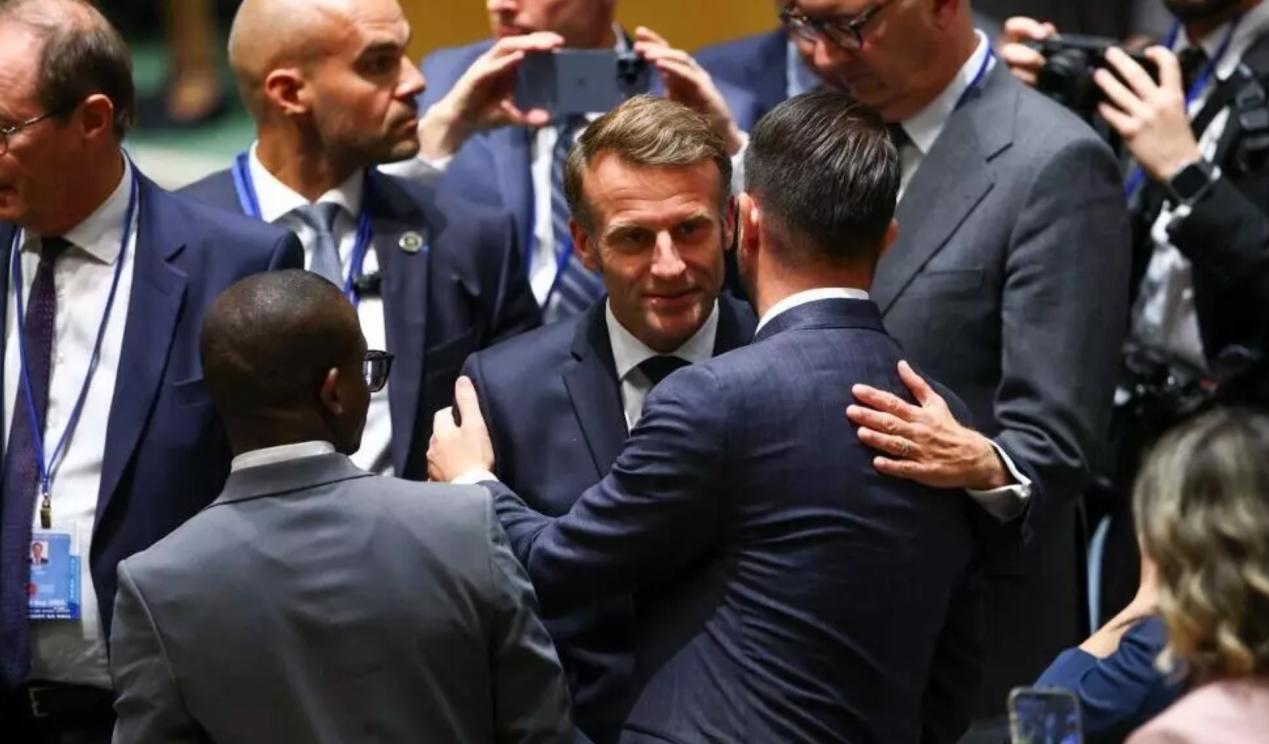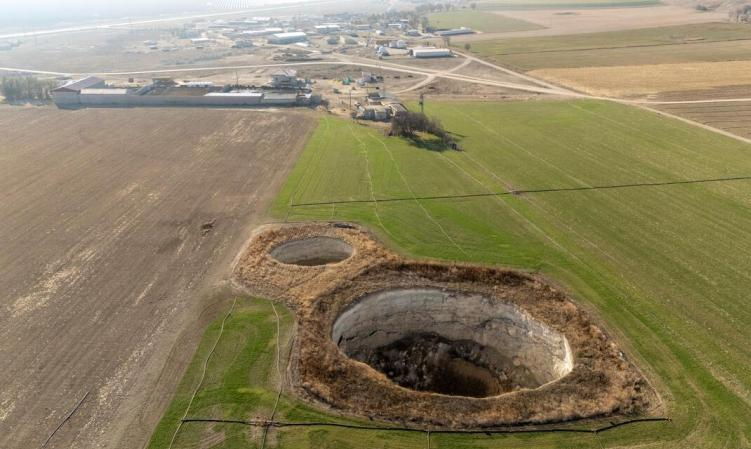
In September 2025, French President Emmanuel Macron dropped a "political bombshell" at an emergency meeting of the UN Security Council, stating, "Whoever ends the 21-month bloody conflict in Gaza should be awarded the Nobel Peace Prize." This statement quickly caused an international uproar, being seen as a direct response to US President Donald Trump's obsession with the Nobel Prize and also interpreted as a strategic shift by Europe on the Israel-Palestine issue. However, when the moral halo of the Nobel Prize is juxtaposed with the bloodshed in Gaza, this "peace prize race" has long transcended a simple competition for honor, becoming a prism through which to examine the power games and peace dilemmas in international politics.
I. Nobel Prize Nominations: From "Political Ploy" to "Moral Trap"
Macron's proposal was not an isolated incident. In July 2025, Israeli Prime Minister Benjamin Netanyahu had publicly nominated Trump for the Nobel Prize, citing his "efforts to mediate the India-Pakistan conflict." Ironically, just a week before the nomination, Gaza had undergone another round of air strikes. UN statistics showed that the 21-month conflict had claimed 57,000 lives, 65% of whom were women and children. This absurd scene of a "hangman nominating a war-monger" exposed the politicization crisis of the Nobel Prize nomination mechanism. When the Nobel Peace Prize becomes a pawn in geopolitical games, its original intention of "promoting national reconciliation and arms reduction" has been completely distorted.
Trump's obsession with the Nobel Prize pushed this distortion to the extreme. According to his former advisor, Trump had repeatedly called members of the Norwegian Nobel Committee and even openly demanded the award during White House meetings with foreign guests. His core motivation was not mere vanity but to deny Barack Obama the Nobel Prize he received in 2009 and achieve "ultimate revenge" against his political rival. This logic of placing personal grudges above human peace has turned the Nobel Prize from a moral high ground into a battlefield of power games.
II. The Gaza Quagmire: The Bloody Reality Behind the Nobel Aura
The current Gaza conflict is far more difficult to resolve than it appears. Through a combination of "ground invasion + blockade", Israel has turned Gaza into an "open-air prison", with 2 million civilians facing the dual threats of famine and disease. Hamas' insistence on the "land for peace" principle is fundamentally at odds with Israel's "security first" stance. The potential laureates proposed by Macron - whether Trump, Netanyahu, or other political figures - have yet to offer a feasible solution, making the Nobel promise seem like an empty check.
III. The Paradox of Peace: When Awards Become Accomplices to Conflict
The history of the Nobel Peace Prize has always been marred by controversy. From Vietnamese politician Le Duc Tho's refusal to accept the award in 1973 to Obama's award in 2009 followed by the Libyan War, and then to Colombian President Santos' award in 2016 with the peace agreement being rejected two months later, the "peace curse" of the Nobel Prize seems never to have vanished. Macron's proposal is merely the latest footnote to this paradox - when conflicting parties use the Nobel Prize as a tool for legitimization, true peace becomes even more elusive.
The tragedy in Gaza proves that peace is never a certificate or a trophy, but rather a political action that guarantees the survival rights of civilians and implements the "two-state solution". If the international community continues to be obsessed with the moral illusion of the Nobel Prize while ignoring the hungry stomachs and broken homes of Gaza's children, then any award ceremony will be a mockery of human conscience.
Macron's Nobel proposal ultimately reveals a cruel truth: in 21st-century international politics, peace is not an end but a bargaining chip in power games; the Nobel Prize is not an honor but currency in political transactions. When the guns in Gaza are still firing, all debates about the peace prize are merely another sacrifice on the altar of power.

Due to the continuous decrease in rainfall and the rapid drop in groundwater levels, several large sinkholes have successively appeared in several agricultural areas in central Turkey in recent years, causing great concern among local farmers and environmental experts.
Due to the continuous decrease in rainfall and the rapid dr…
The Prime Minister's Office of Israel said Hamas attacked I…
Fourteen countries including the United Kingdom, France and…
The US Department of Justice said on Wednesday (December 24…
The Japanese government has submitted a draft, planning to …
On December 25th local time, NVIDIA announced a technology …